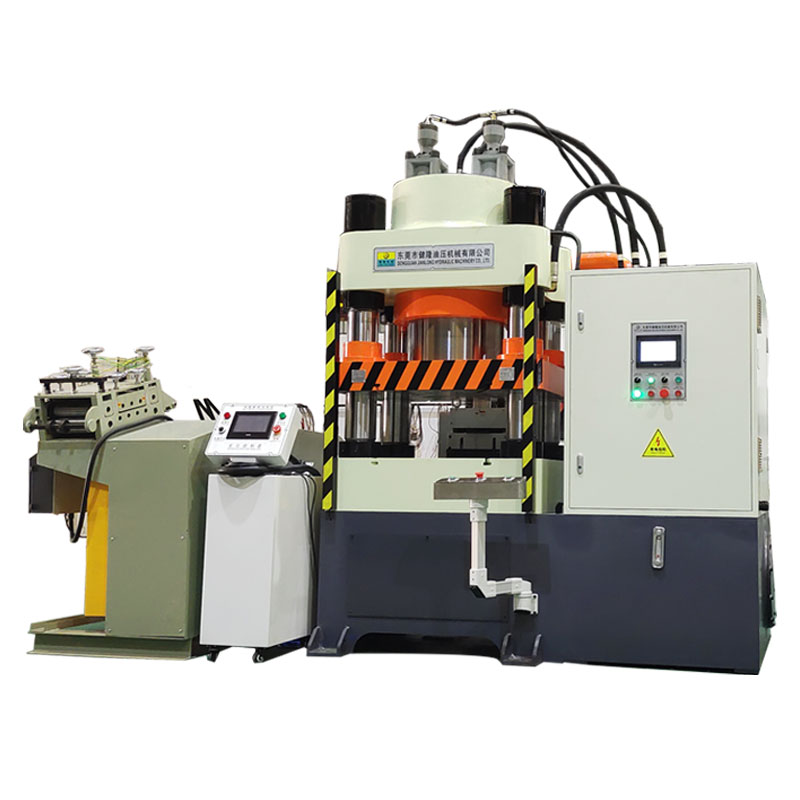We think of hydraulic systems as heat generators, where fluid constantly flows through the system, friction between system components, long running times, and many other factors together increase the temperature of the fluid. The increased temperature will affect the viscosity of the fluid, increase system wear, damage the lubrication film, increase the risk of cavitation, internal leakage, and thus shorten the service life of the system. By choosing an effective system cooling method, most of the problems of hydraulic system overheating can be solved.
There are two ways to prevent the hydraulic system from overheating, the first way is to ignore the generated temperature by increasing the tank size and using a lot of hydraulic oil, however, this method is expensive and wastes hydraulic oil. In contrast, the second method is more efficient, where the circulating hydraulic oil passes through certain cooling components to reduce heat. Typically, the cooling component is an oil cooler. Systems with oil coolers to reduce heat can operate efficiently for long periods of time without overheating. The following gives you the definition, advantages, applications and types of oil coolers in hydraulic systems.
1. Definition and advantages of oil cooler:
The oil cooler is also known as a heat exchanger, and the main function of the oil cooler in the hydraulic system is to prevent the system from overheating. Oil coolers in both closed and open hydraulic systems will move the hydraulic oil through coils or cores to reduce the heat generated by the oil. Again, the cooling component reduces the environmental impact.
The following are the important advantages of using an oil cooler:
1) Stable cooling and filtration performance;
2) not affected by fluid flow and duty cycle changes;
3) The size of the oil cooler can be changed according to the heat load;
4) Extend the service life of the hydraulic system and hydraulic oil;
5) The pressure in the return pipe will not affect the oil cooler. Because they're separated;
6) Improve the overall efficiency and productivity of the system;
7) Easy to maintain and repair;
8) Repairs/maintenance can be performed without shutting down the entire system.
Second, the application of hydraulic oil cooler:
Hydraulic oil coolers are widely used in agriculture, manufacturing, automotive and other industries, the important components required for building hydraulic oil coolers are oil reservoirs, cooling fans, safety valves, filters, micro hydraulic motors, etc., oil coolers are directly related to heat load. For systems with higher heat generation, the cooler dimensions need to be scaled up to withstand this load. Another major consideration in choosing a hydraulic oil cooler is the required flow rate, oil temperature, oil viscosity, etc.
Three, the type of hydraulic oil cooler:
Air cooled oil coolers and water cooled oil coolers are two important categories of oil coolers used in hydraulic systems, in an air cooled oil cooler, it will be equipped with an electric or hydraulic fan and cool the heated fluid by running air through the cooler. Water-cooled oil coolers use liquid to cool hydraulic oil. The cooler is more efficient, quieter and smaller. In order to prevent contamination of the two fluids, isolation layers are used for isolation.

Contact: Miss.Li
Phone: 18822971180
Tel: 86-18822971180
Email: lifuyan78@gmail.com
Add: Guangyi Industrial Park, No. 2, Tanglip Jinfu West Road, Liaobu Town, Dongguan City, China
We chat
